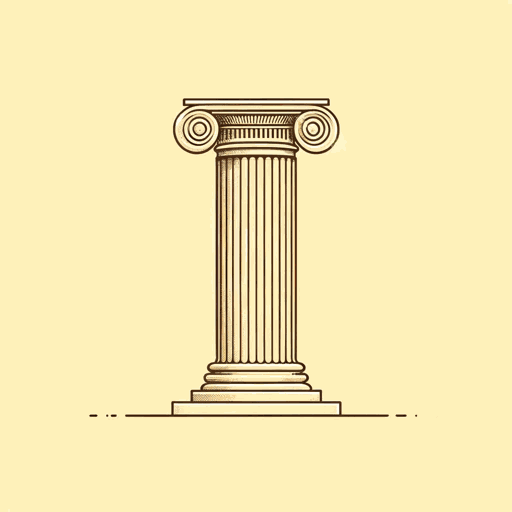58 pages • 1 hour read
Will DurantThe Story of Philosophy: The Lives and Opinions of the Greater Philosophers
Nonfiction | Reference/Text Book | Adult | Published in 1926A modern alternative to SparkNotes and CliffsNotes, SuperSummary offers high-quality Study Guides with detailed chapter summaries and analysis of major themes, characters, and more.
Chapter 2Chapter Summaries & Analyses
Chapter 2 Summary: “Aristotle and Greek Science”
The most famous aspect of Aristotle’s biography is that he tutored a young Alexander the Great, whose father had subjected Greece to Macedonian rule. Aristotle’s remarkably prolific work as a philosopher took place within the context of a turbulent political scene, with Aristotle assuming control of a school—known as “the Lyceum”—just as Alexander left behind the restive Greek city-states to conquer the Persian Empire.
Aristotle pursued a huge variety of subjects, making him a one-person “Encyclopedia Britannica of Greece” (65) whose name would be synonymous with philosophy for centuries to come. One of Aristotle’s most significant contributions was to the field of logic, which would have enormous influence on medieval thinkers. Logic demands a precise definition of terms, which combine the general and particular features of an object. In contrast to Plato, Aristotle emphasized the specificity of objects rather than their general nature. Nevertheless, he also showed his debt to Plato by introducing the syllogism, a deductive method of reasoning in which two propositions lead to a third concluding statement: e.g., if Socrates is a man, and a man is a rational being, then Socrates is a rational being (70-71).
Aristotle also helped to introduce the concept of science to Greek civilization, as philosophy was then more closely connected with understanding the natural world as well as human nature and society.

